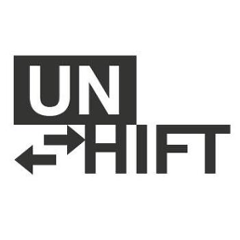origin(al)
Original generates the origin URL for a given URL or URL object. In addition to that it also comes with a simple same function to check if two URL's have the same origin.
Install
This module is browserify and node compatible and is therefor release in the npm registry and can be installed using:
npm install --save original
Usage
In all the examples we assume that the module is loaded using:
'use strict';
var origin = require('original');
To get the origin of a given URL simply call origin function with any given URL to get origin.
var o = origin('https://google.com/foo/bar?path');
// o = https://google.com
To compare if two URL's share the same origin you can call the same method.
if (origin.same('https://google.com/foo', 'https://primus.io')) {
console.log('same');
} else {
console.log('guess what, google.com and primus.io are not the same origin');
}
And that's it.
License
MIT






